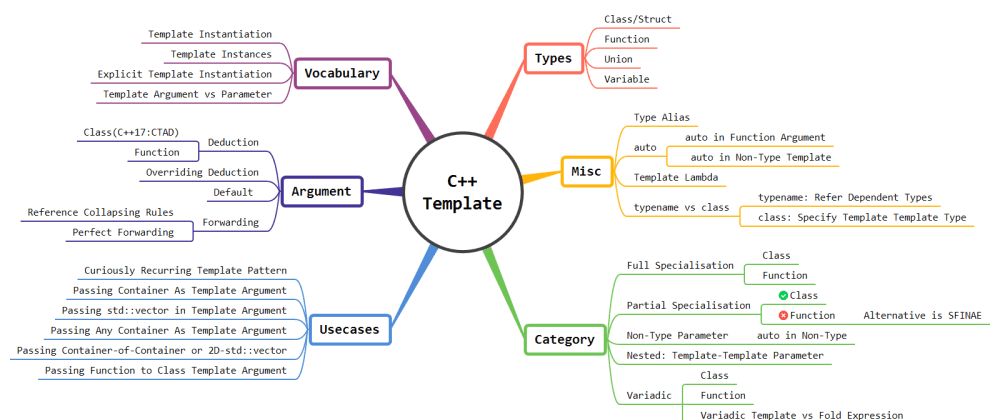11,349 reads
C++ Template: A Quick Review of C++11/14/17/20 Version
by
July 7th, 2020
Audio Presented by

Software Developer⌨, Fitness Freak🏋, Geek🤓, Hipster🕴, Blogger👨💻, Productivity Hacker⌚
About Author
Software Developer⌨, Fitness Freak🏋, Geek🤓, Hipster🕴, Blogger👨💻, Productivity Hacker⌚
Comments
TOPICS
THIS ARTICLE WAS FEATURED IN
Related Stories
46 Stories To Learn About C
Apr 10, 2023
